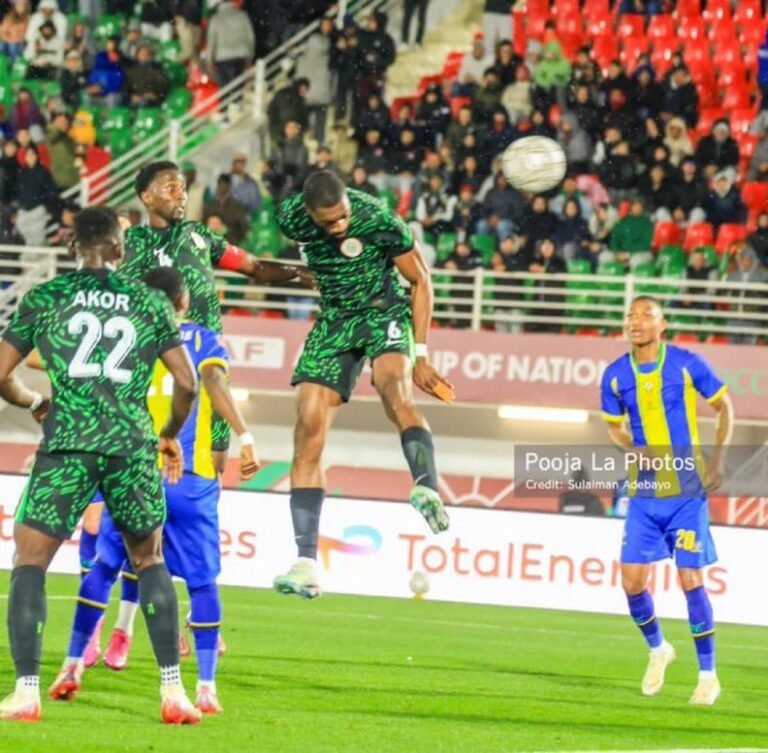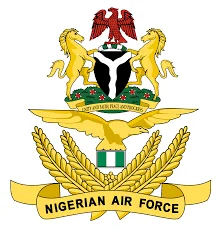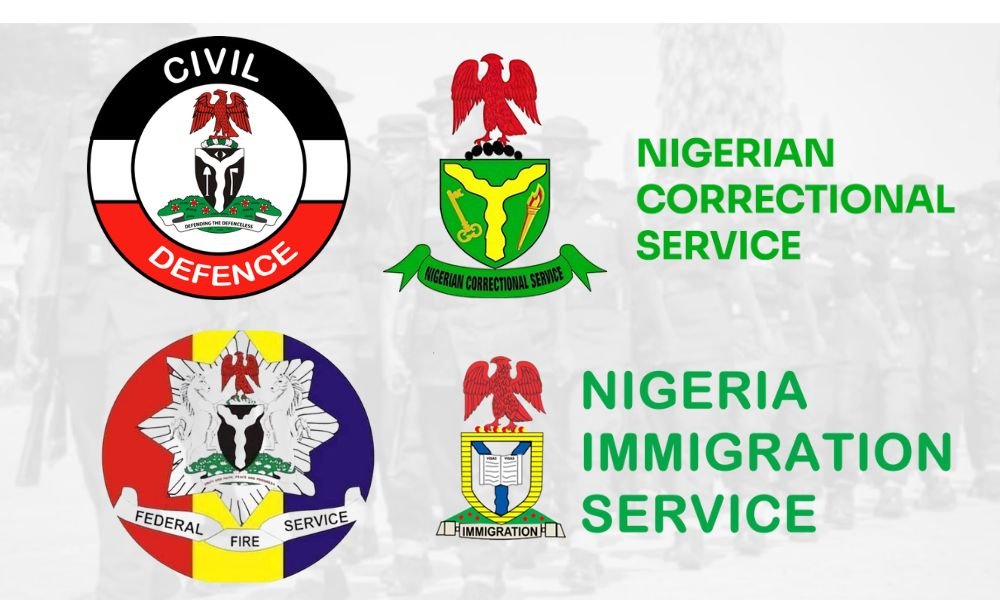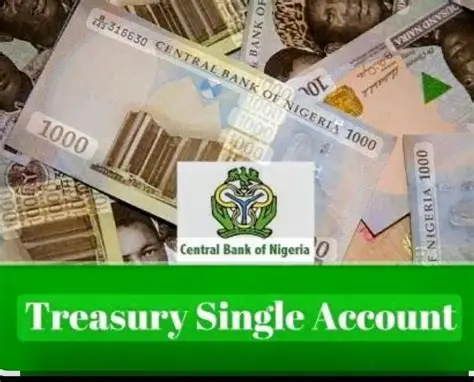Nigeria’s Bank of Industry’s Outlook has been revised from Negative to Stable according to the latest Fitch Ratings.
Additionally, the BOI’s long-term Issuer Default Rating [IDR] has been valued at
“B”, a rating it has maintained since April when it was downgraded from B+.
IDR ratings evaluate an entity’s likelihood to default on financial obligations based on a number of factors including the propensity of government support.
The BOI also retained its Support Rating Floor [SRF]—an estimation of potential sovereign
support—score of “B”. Vouching for the bank’s credit worthiness relative to other credits in the country, the BOI’s long-term National Rating was affirmed at “AA+[nga]”.
Also Read: CBN Slashes Monetary Policy Rate to 11.5%
This revision of the BOI’s outlook to Stable from its previous rating of Negative is a reflection of Fitch’s re-evaluation of Nigeria’s own outlook to Stable on September 30. The BOI’s Long-Term IDR and outlook was raised to the same level as Nigeria’s because Fitch believes the Nigerian government is in a good position to provide the BOI with support when needed.
According to the report by the credit ratings provider, the recent assessment is mainly due to the bank’s thoroughly defined policy role in financing the country’s economic growth. More to the point of the likelihood of receiving government support, it also considered the fact that, as the country’s primary development bank, the BOI is the Nigerian authorities’ responsibility—99.9% of the BOI is controlled by the state [94.8% by the Ministry of Finance and 5.1% by the Central Bank of Nigeria] and “the entirety of the bank’s wholesale funding being either provided or guaranteed by the Nigerian state”.
The BOI also appears to be weathering the storm; it maintains a solid capital base [end-1H20:
equity-to-asset ratio of 24.4%], a relatively impressive figure considering the hostile economic environment in which it operates.
This close link to the Nigerian government means the BOI’s Fitch ratings will be tied to the
country’s own valuation on the rating system. A significant change in Nigeria’s sovereign rating will also directly affect the bank’s support rating.
Also Read: Fitch Revises Nigeria’s Creditworthiness to Stable
Factors that could immediately affect the BOI’s standing for IDR and SRF include a significant change to its reliance on government support through a reduction in state ownership or a foray into commercial activities.
However, Fitch deems this highly unlikely to happen anytime soon.
The BOI’s outlook was downgraded to Negative in December 2019 alongside Zenith Bank,
Guaranty Trust Bank [GTB] and United Bank for Africa [UBA] after Nigeria’s outlook was
downgraded to Negative on December 19 due to the view that “a sovereign downgrade would
likely be accompanied by a downgrade of these issuers’ Long-Term IDRs”.























